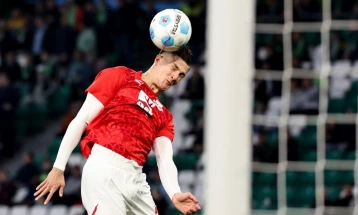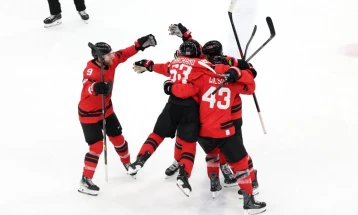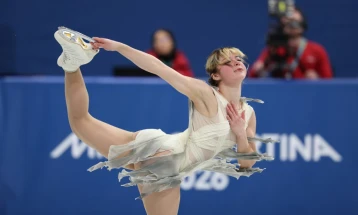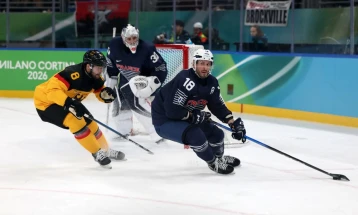Wimbledon: Nadal not 'super happy' with foot but 'things ... better'
- Post By Nevenka Nikolik
- 10:33, 26 June, 2022

London, 26 June 2022 (STATS Perform/dpa/MIA) - Rafael Nadal does not know how long his troublesome foot will hold up and cannot be "super happy" while the threat of injury lingers, but he is ready to attack Wimbledon.
Nadal, the 22-time major champion, is halfway to a calendar Grand Slam, having won the Australian Open and French Open.
Yet those successes have come despite a long-term foot problem he has battled, requiring pain-killing injections before every match at Roland Garros.
Nadal's Wimbledon participation was in question for some time, but he underwent two courses of radiofrequency injections in a bid to ease the pain and be fit enough to challenge at the All England Club.
That is now the case, he says, even if he has to accept his status is unpredictable day to day.
"It's obvious that if I am here, it's because things are going better," the Spaniard told a news conference. "If not, I would not be here.
"So I'm quite happy about [how] the things have evolved. I can't be super happy because I don't know what can happen.
"First of all, I can walk normal most of the days, almost every single day. That's for me the main issue. When I wake up, I don't have this pain that I was having for the last year and a half, so I'm quite happy about that.
"And second thing: practising. I have been overall better.
"Since the last two weeks, I didn't have one day of these terrible days that I can't move at all. Of course, [some] days are better; [some] days are little bit worse."
He added: "I can't tell you if I'm going to be in that positive moment for one week, for two days, or for three months.
"Of course, the treatment that I did didn't fix my injury. It is not improving my injury at all but can take out a little bit the pain. That's the main goal.
"Sometimes the things in the medical world, mathematics is not predictable 100 per cent.
"But in theory, that can help the foot because it's about the nerve. You touch the nerve, so then the nerve is like asleep in some way for a while, but then recovers.
"So how long the nerve is going to be that way, I can't tell you. It's something that we need to discover."







